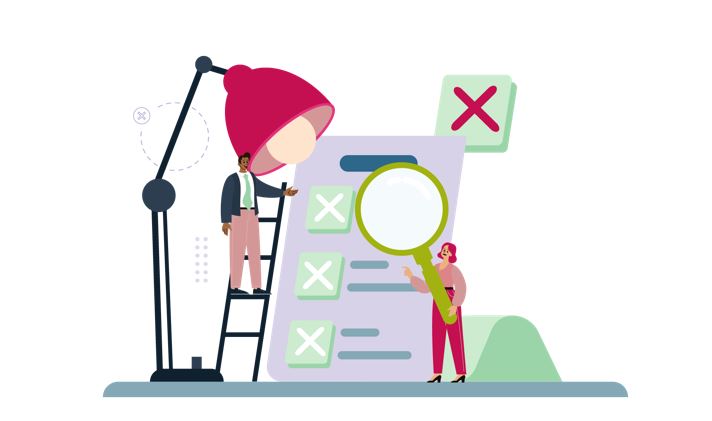What is mediation in the workplace?
Mediation involves using a neutral third-party, to help disputing parties come to an agreement. It is not going to a tribunal and asking someone to make a decision based on the evidence presented to them. It’s a valuable tool in the workplace for a host of reasons, not least the fact it can be quick, confidential, cost-effective, and perhaps most importantly for your team, it can prevent the dispute from fracturing relationships.
Inevitably disputes will arise in a workplace situation, whether that’s between employer and employee, or between employees. A disagreement can be incredibly damaging to a team and to productivity. A single grievance can often spread. So why seek mediation to solve your workplace dispute?
The Top 10 Benefits of mediation in the workplace
- Mediation tends to be less expensive than seeking a legal resolution. This is a plus for both the employer and employee, depending on the outcome. You will only pay for the mediator’s time and expenses, rather than lawyers’ fees, court fees and other costs.
- Mediation tends to be faster. Going through a formal legal process, can take months or even years to resolve a dispute, mediation can often be completed in a matter of days. This prevents the dispute from lingering and causing ongoing tension in the workplace, and the parties can move on with their lives.
- Mediation is confidential which protects the reputation of both parties. Discussions and agreements reached during the process are not made public, unless it is has been agreed beforehand.
- Mediation is a flexible process that can be tailored to the specific needs of the parties involved. The mediator can work with the parties to develop a resolution that meets their needs and interests, rather than imposing a solution on them. This can help the parties feel more satisfied with the outcome of the dispute and can foster better relationships.
- Mediation allows both parties to retain control over the resolution of the dispute, rather than handing the decision and outcome to a judge or jury. Both parties can feel that they have been ‘listened to’ and that they’ve both had an equal say. It also gets a higher level of management buy-in to the process along with employee engagement.
- Mediation can help promote a culture of conflict resolution and collaboration in the workplace, by showing that talking through issues is paramount. This can lead to better overall morale and productivity.
- Mediation can help preserve relationships, which can be especially important in a workplace where ongoing collaboration might be necessary. It takes the onus away from untrained managers who may not know how to deal with the situation and can instead continue to focus on their work; and hands the process to the neutral third party who is skilled at mediating.
- Mediation can help prevent the dispute from escalating and causing further damage to relations, the parties, and the company. Disputes within companies cause bad morale and can spread which runs the risk of further disputes, or valuable employees leaving.
- Mediation can help improve communication and understanding between parties, rather than a confrontational final stand in a hearing or court case. This can lead to better relationships and a more positive work environment. It is also a less formal process which helps to reduce the stress in the situation.
- Mediation can provide a greater sense of closure for both parties and help discover the real issues that are impacting the workplace rather than examining just the ‘legal issue that’s impacting both parties, it can resolve all the issues which might be contributing to the situation arising. Mediation has high satisfaction ratings and more practical solutions than just a ‘judgement’ can be tailored to the situation.
When to use mediation in the workplace?
Mediation can be used at any stage of a disagreement, but obviously it’s best to start it as early as possible. It can also be used when there is no single ‘disagreement’ but perhaps after a period of change or following other ‘issues’ within the workplace. It allows all parties to be heard without prejudice and can therefore prevent greater problems from arising.
Typically, mediation can be used to resolve personality and relationship issues, communication problems, minor bullying or harassment claims, and general complaints about the workplace culture.
What to do next?
Contact Becky@hrnow.je or Tony@hrnow.je if you need mediation help and guidance
Becky Hill is an accredited CEDR mediator. Tony Riley is an ACAS certified mediator.
